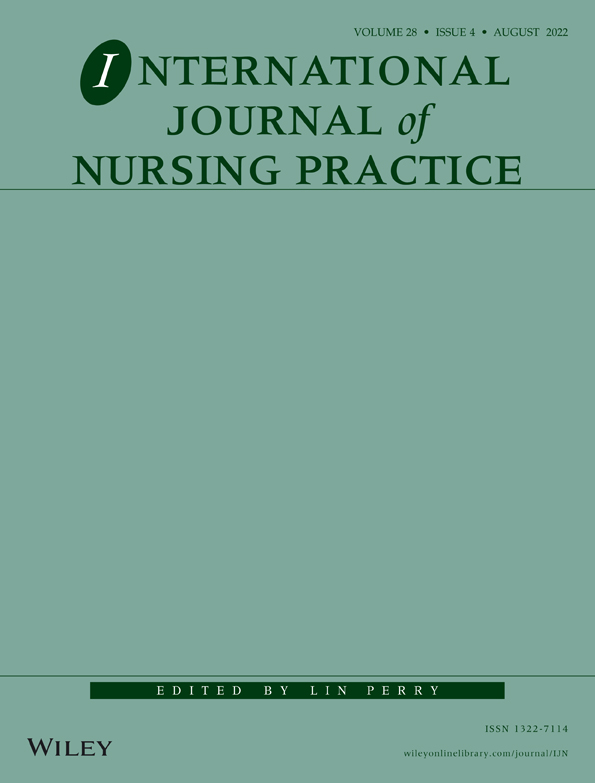Women's fertility decision-making with a diagnosis of breast cancer: A qualitative evidence synthesis
Abstract
Aim
To synthesize qualitative evidence of premenopausal women's experiences of fertility decision-making with a diagnosis of breast cancer.
Background
Breast cancer is increasingly more common in premenopausal women who may have not yet considered starting a family or have completed their families.
Design
Qualitative evidence synthesis guided by Thomas and Harden's three-stage approach to thematic analysis.
Data Sources
Twelve electronic databases were searched: CINAHL, Embase, Pubmed, Proquest, PsychINFO, Lenus, Scopus, Web of Science, Rian.ie, Medline, EThOS e-theses online and DART Europe. No year limit was set.
Review Methods
The ‘Enhancing transparency in reporting the synthesis of qualitative research guidelines’ (ENTREQ) statement was followed.
Results
Fifteen qualitative studies were included in the synthesis. Seven review findings under four major themes were identified: (1) first comes survival, (2) making decisions ‘under the gun’, (3) health-care professionals should not make assumptions and (4) we want accurate, detailed information and we want it early. High confidence in six of the review findings was agreed.
Conclusion
Most women experienced rushed fertility preservation decision-making at a time when they also faced cancer treatment decisions. Women want detailed, clear information on fertility preservation early after their diagnosis.
Summary statement
What is already known about this topic?
- Many premenopausal women with newly diagnosed breast cancer express their concerns about fertility.
- Many premenopausal women feel forced into making rapid decisions regarding fertility interventions.
What this paper adds?
- After a diagnosis of breast cancer, premenopausal women's fear of a recurrence and desire to survive for their existing children can dominate their fertility decision-making.
- Premenopausal women can feel forced into rapid decision-making on fertility intervention at the same time as cancer treatment decisions and often in the context of health-care professionals' assumptions on what they think a woman wants.
- Premenopausal women with breast cancer want more information, preferably from fertility experts, and they want it early after their cancer diagnosis.
The implications of this paper:
- Health-care professionals should reflect on any assumptions they may have about a woman's fertility and reproductive choices in the context of a cancer diagnosis and set these aside in any discussions with women.
- Health-care professionals should focus on consistency in fertility information provision to all premenopausal women facing treatment for breast cancer.
CONFLICT OF INTEREST
None.
Open Research
DATA AVAILABILITY STATEMENT
Data sharing is not applicable to this article as no new data were created or analyzed in this study.




